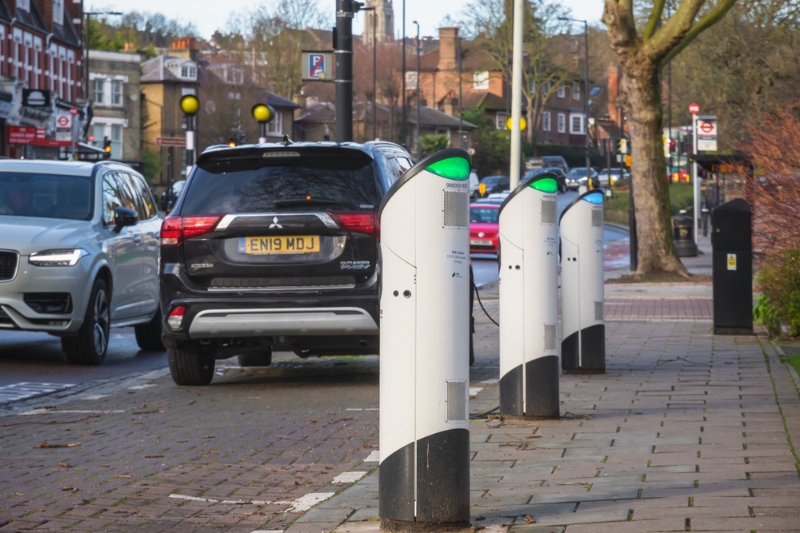A multi-million-pound electric vehicle (EV) charge point pilot looks set to deliver an estimated 1,000 new chargers across the country.


The £20m Local EV Infrastructure (LEVI) pilot scheme is aimed at helping local authorities and industry work together to create new, commercial EV charging infrastructure for residents.
The winners of the pilot fund are as follows: Barnet, Dorset, Durham, Kent, Midlands Connect (with Lincolnshire as a lead authority), North Yorkshire, Suffolk, Warrington, and Nottinghamshire.
The pilot is backed by £10m of Government funding shared among the nine winning local authorities in the first tranche of the planned £450m scheme, with winning pilot bids supported by an additional £9m in private funding. A further £1.9m will come from public funds across local authorities.
The announcement of the pilot comes amid criticism levelled at the slow roll out of EV charging infrastructure. The AA recently said that drivers were 'crying out' for chargers close to home.
The LEVI fund builds on the On-Street Residential Chargepoint Scheme (ORCS) which has seen nearly 2,900 charge points installed so far with funding provided for approaching 10,000 additional charge points in the future.
The Local Government Association (LGA) has praised the LEVI scheme and said that it was an improvement on the On-Street Residential Chargepoint Scheme (ORCS) which councils found hard to access.
However, the LGA recommended that the LEVI scheme funding should be distributed via formula rather than through bidding.
Decarbonisation minister Trudy Harrison said: ‘We want to expand and grow our world-leading network of EV chargepoints, working closely with industry and local government, making it even easier for those without driveways to charge their electric vehicles and support the switch to cleaner travel.
‘This scheme will help to level up electric vehicle infrastructure across the country, so that everyone can benefit from healthier neighbourhoods and cleaner air.’
Edmund King, AA president, said: ‘It is essential that more on-street chargers are delivered to boost the transition to zero emission vehicles for those without home charging.
‘This injection of an extra £20m funding will help bring power to electric drivers across England from Durham to Dorset. This is one further positive step on the road to electrification.’
Maria Machancoses, CEO of Midlands Connect, commented: ‘We are delighted that our bid for over 300 charge points to five local authorities across the Midlands has been successful.
‘This is a vital next step in our efforts to improve electric vehicle charging infrastructure across the region ahead of the ban of diesel and petrol vehicles in 2030.
‘This funding will improve the lives of those living within the Midlands, particularly for those who do not have access to off-street parking and may struggle to charge their vehicle otherwise.’